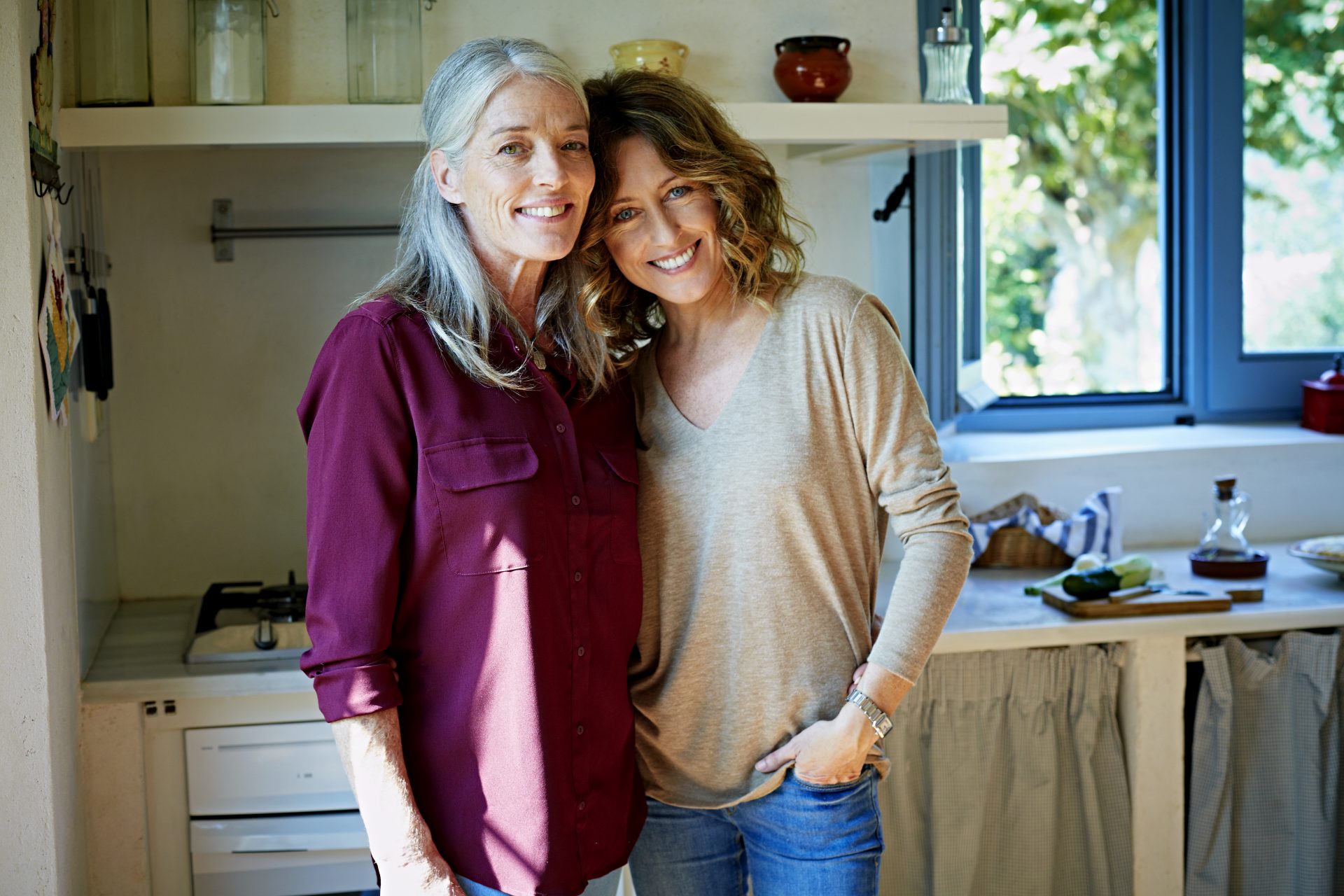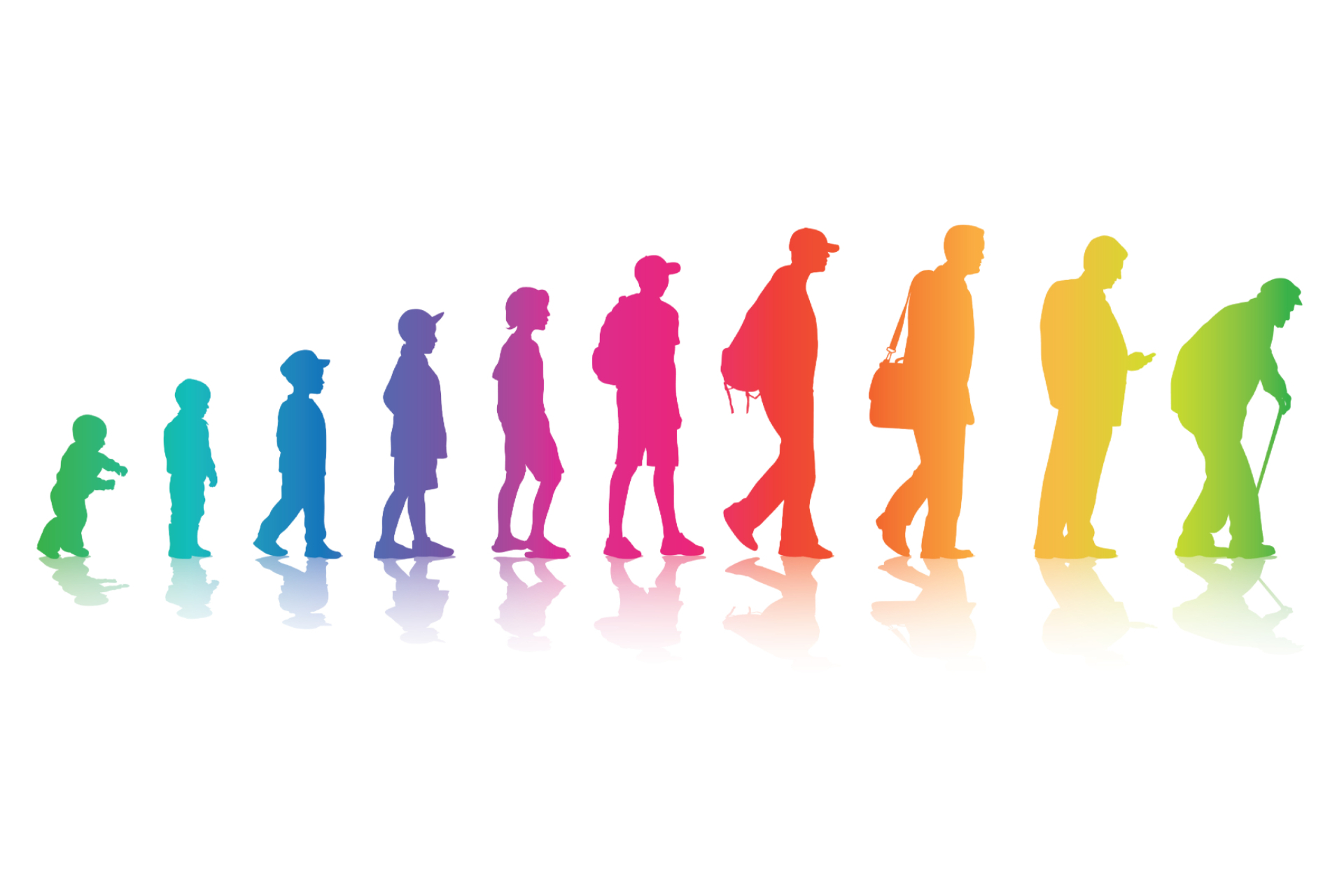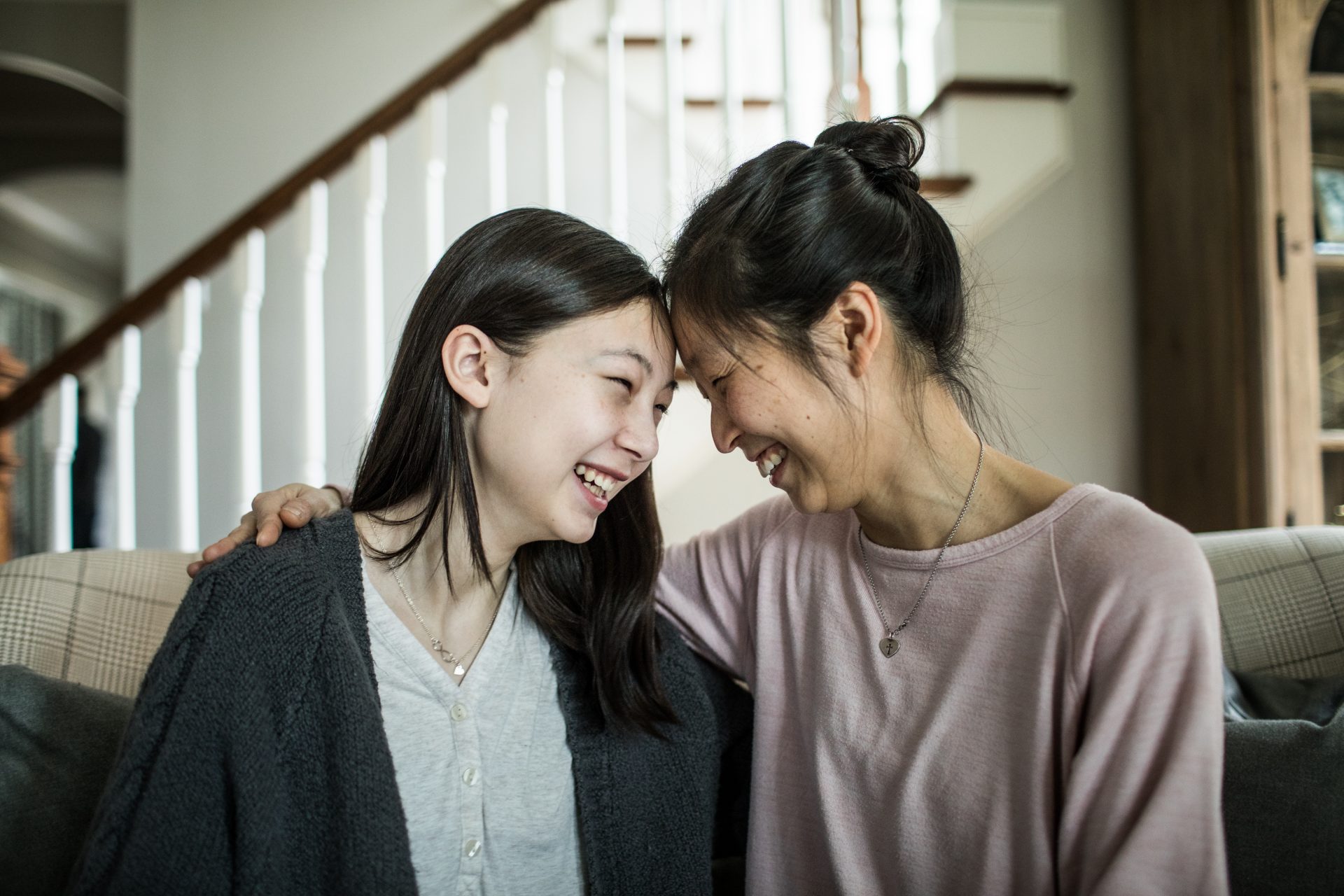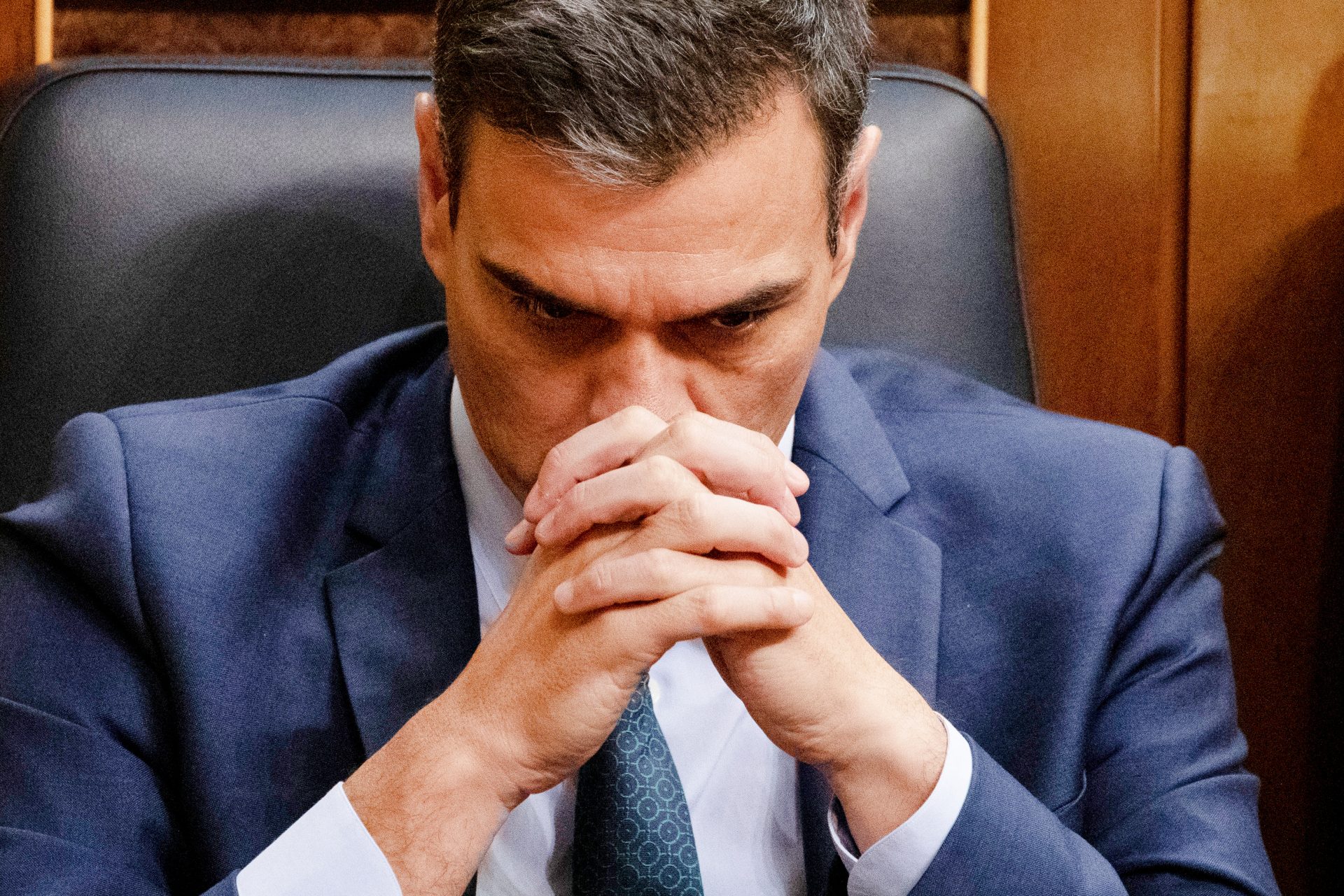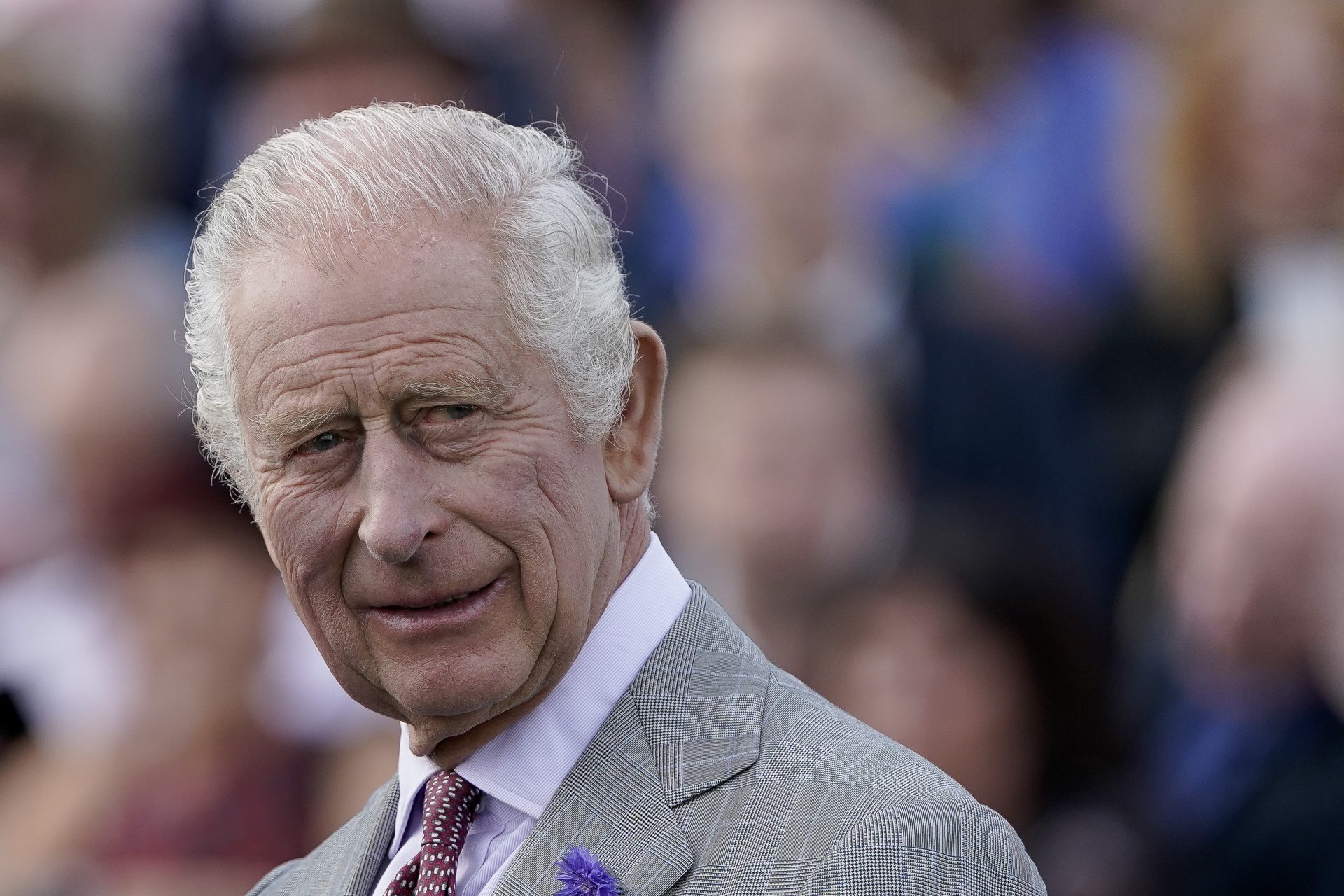At what age do we truly become adults?
What does it mean to be an adult? On paper, we become one at the age of 18 in most countries - at 21 in some. But in reality, the transition to adulthood is a much more complex issue.
Jeffrey Arnett, a professor in the Department of Psychology at Clark University in Massachusetts, has been conducting studies on the subject for more than 30 years. According to him, the lengthening of the duration of studies and the later age of marriage and parenthood have led to a new stage of life between 18 and 29 years, which he calls "emerging adulthood”.
According to the researcher, cited by the New York Times, this age group could experience the same growth as the concept of adolescence in the last century. This stage of life is characterized by an increasing assumption of responsibility, the search for greater independence and the development of one's identity.
Concretely, from a psychological point of view, it is between the ages of 18 and 29 that we truly reach adulthood. Conceptions of what “being an adult” means then differ from one culture to another.
In the United States, people interviewed by Jeffrey Arnett during his various research believe that adulthood is associated with three criteria: the ability to take care of oneself, the ability to make one's own decisions, and financial independence.
In a study published in 2014 in collaboration with Juan Zhong, also a professor at Clark University, Jeffrey Arnett explains that the concept of adulthood is completely different in Chinese culture.
The researchers questioned Chinese working women aged under 30 about their conception of adulthood. According to a majority of them, being an adult is associated with three pillars: knowing how to take care of your parents, being able to lead a long-term professional career, and being able to take good care of your children.
In 2013, a study entitled "Interviews of adolescents, adults and seniors", conducted in France by Ipsos Santé and the Pfizer Foundation, revealed that for a majority of young French people, becoming an adult is synonymous with responsibilities and financial independence and autonomy.
According to this study, the young generation believes that adulthood is linked to leaving the family home (70%), to their first job (64%) and parenthood (61%). For their part, seniors interviewed as part of this study consider that marriage (69%), first job (69%) and military service (69%) are the primary markers of the transition to adulthood.
Considering that the transition to adulthood is correlated with leaving the family home, we analyzed data from the European statistical institute, Eurostat, on the age at which Europeans leave the parental home. According to 2022 figures, Europeans left the family home on average at the age of 26.4.
However, the average age of leaving the parental home varies considerably from one country to another. If the Swedes strike out on their own at an average age of 21.4, the Croats wait until the average age of 33.4 to leave mom and dad. This average age reaches 23.4 years in France, 26.3 years in Belgium, 30 years in Italy and 30.3 years in Spain.
Thanks to Eurostat figures for 2022, we also learn that women in the European Union leave the family home earlier than men. On average, women leave at the age of 25.4, and men at the age of 27.3.
Eurostat specifies that this important stage in the transition from childhood to adulthood is linked to each person's socio-economic context. It depends on studies, life as a couple, the level of financial independence, housing prices, or even cultural particularities.
A team of neurologists from the University of Cambridge estimated in 2019 that our brain matures around the age of 30. In fact, during our twenties, our prefrontal cortex – which is connected to our decision-making, our understanding of others and our relationship to risks – continues to develop.
Peter Jones, one of the authors of this study, told the BBC: "It is increasingly absurd to want to define the moment when we move from childhood to adulthood, it is a much more nuanced transition that spans three decades."
Finally, let's approach our question with a more philosophical perspective, that of Susan Neiman, author of the essay Growing Up. In praise of adulthood in an age that infantilizes us (2021). For this world-renowned American philosopher: "Becoming an adult is an endless process of maintaining a precarious balancing act, in order to manage to look at reality for what it is, while never stopping trying to change it and transform it0 into what it should be."
More for you
Top Stories



